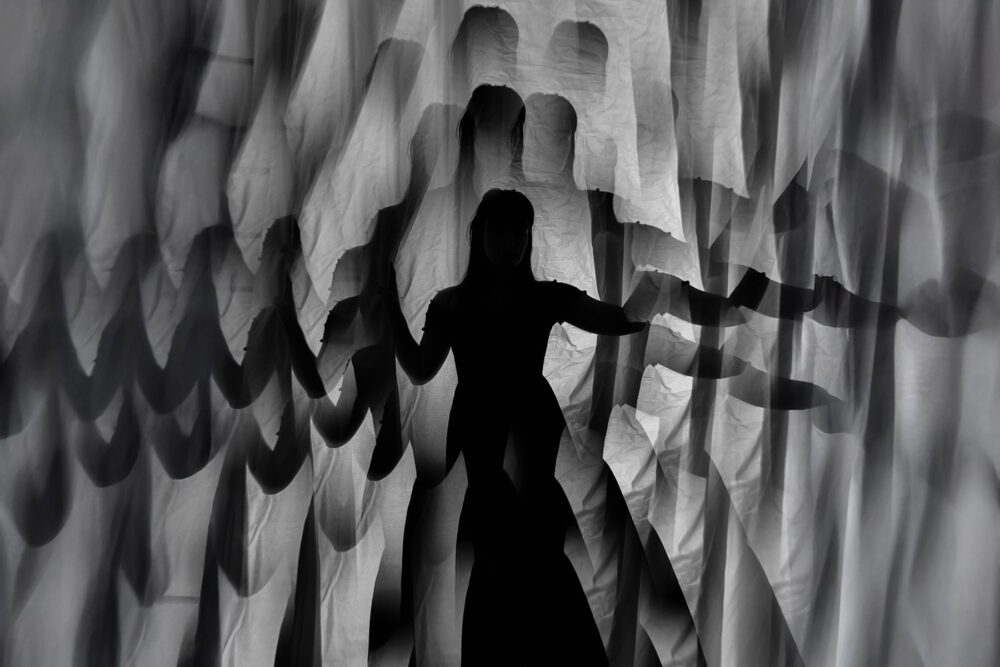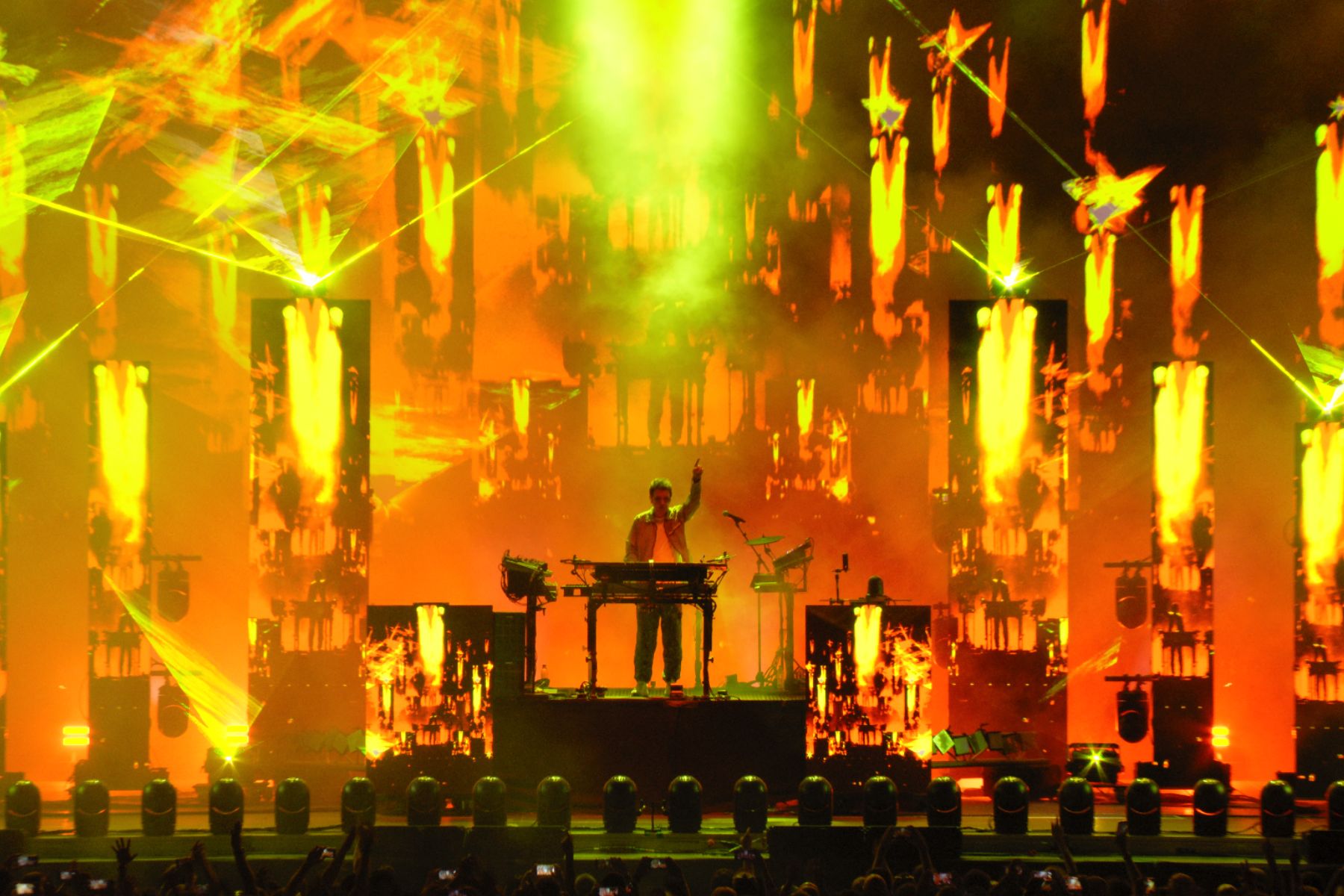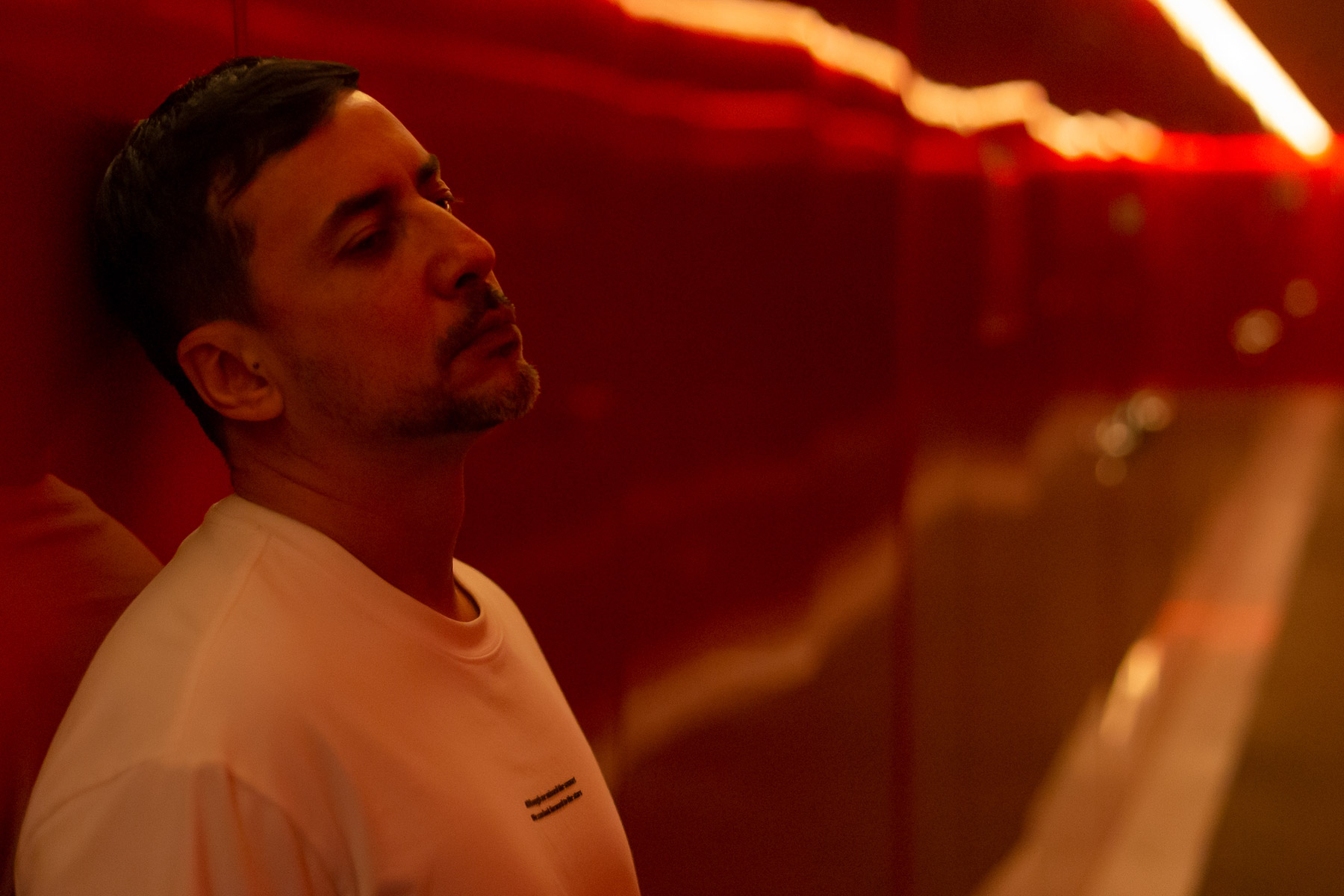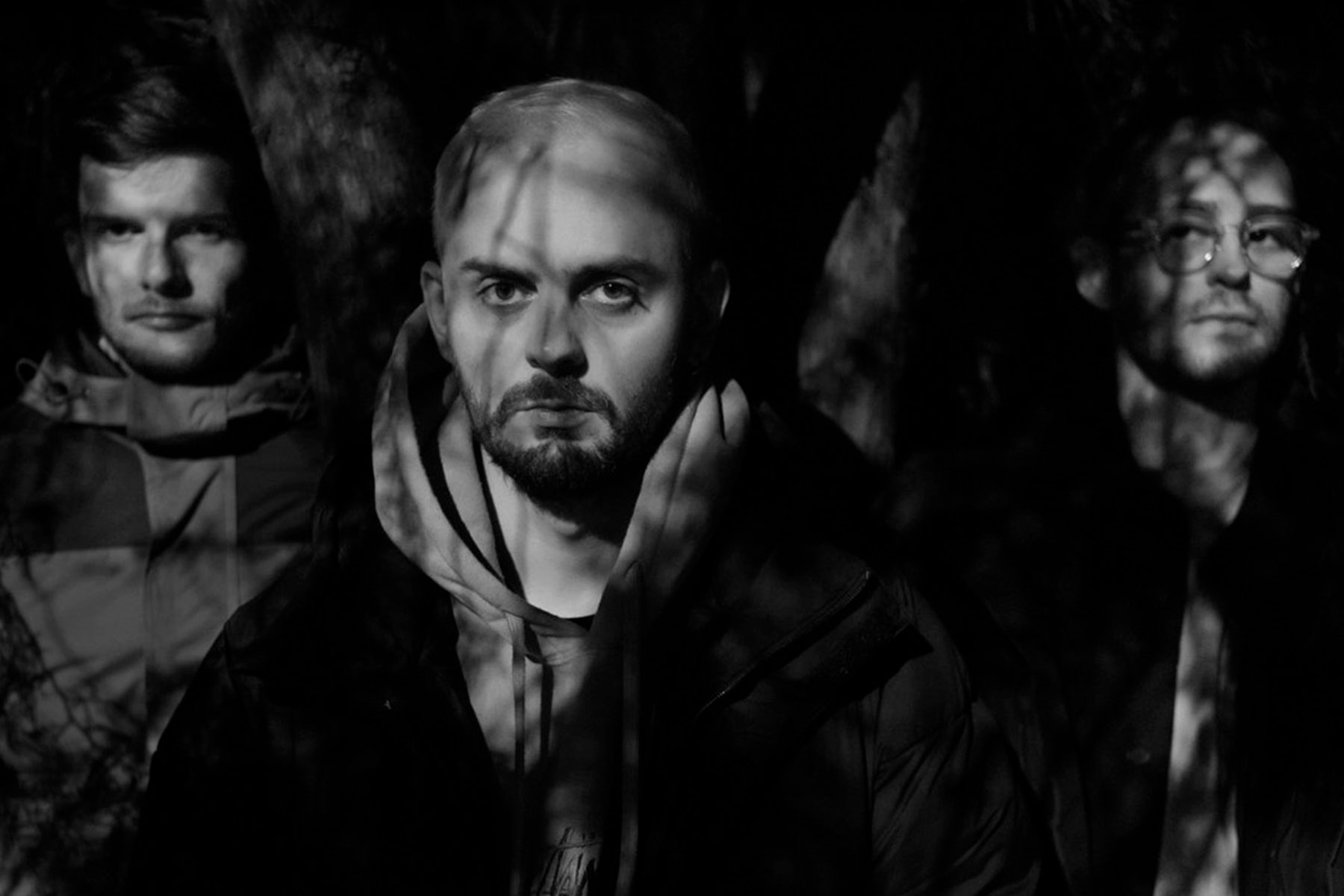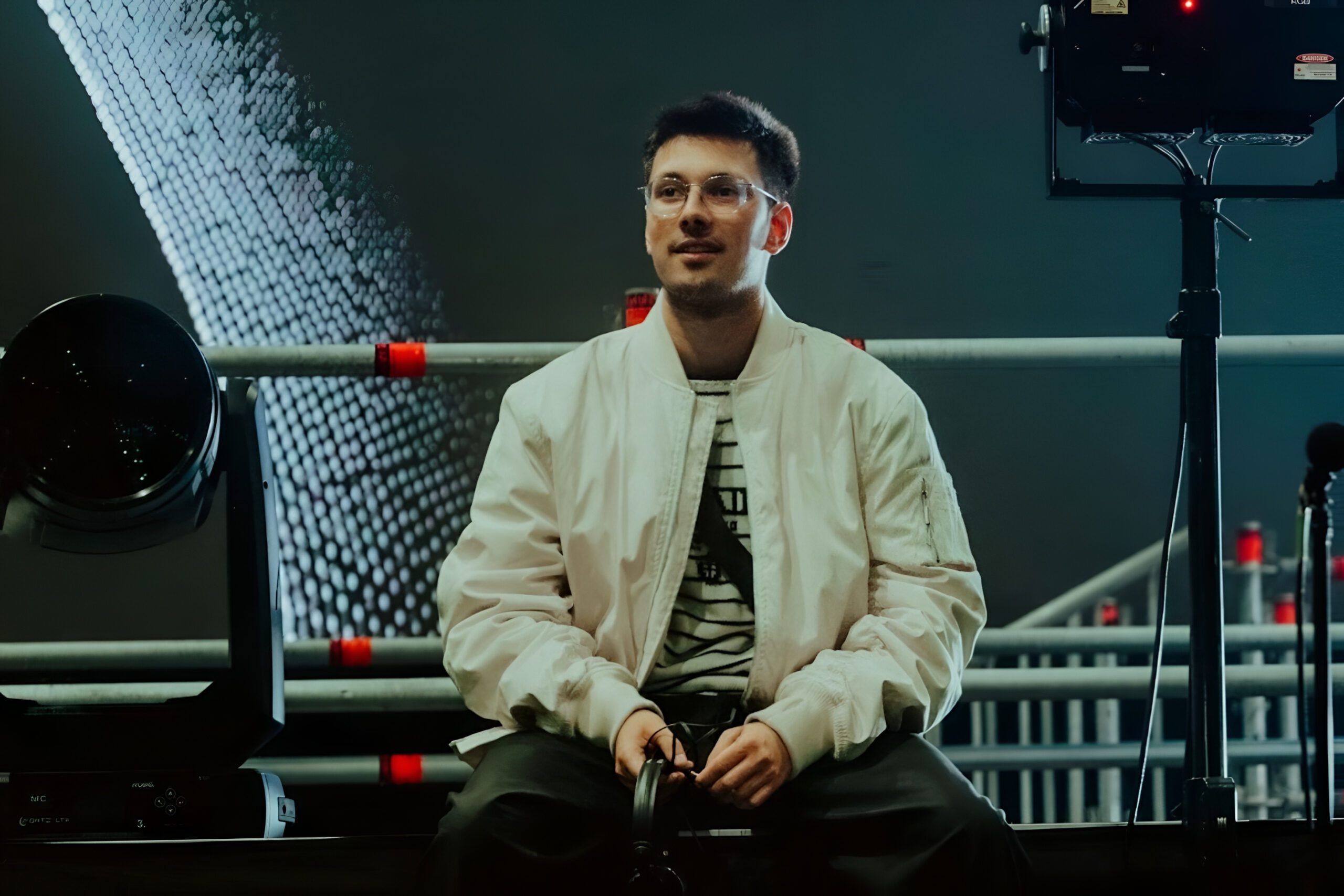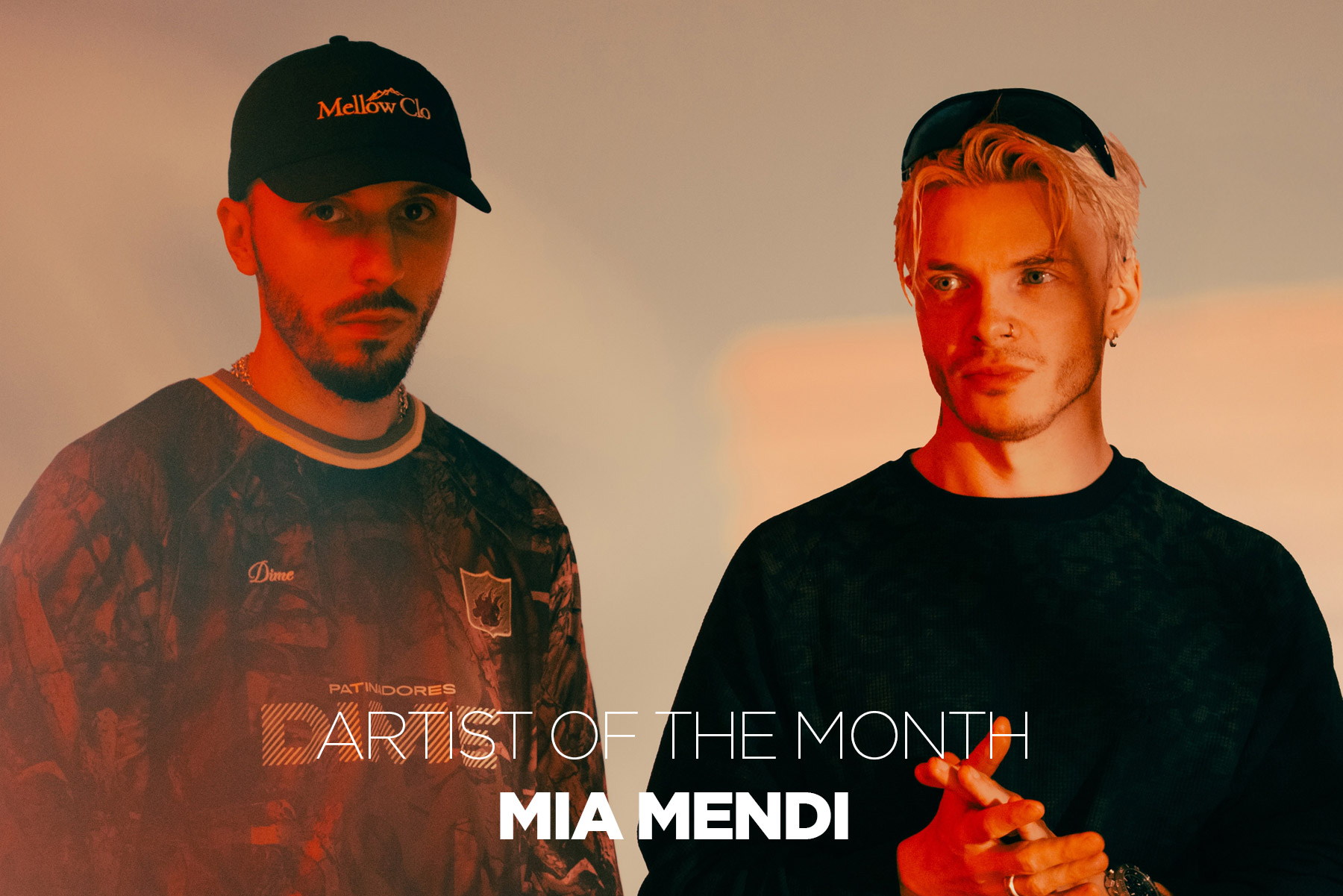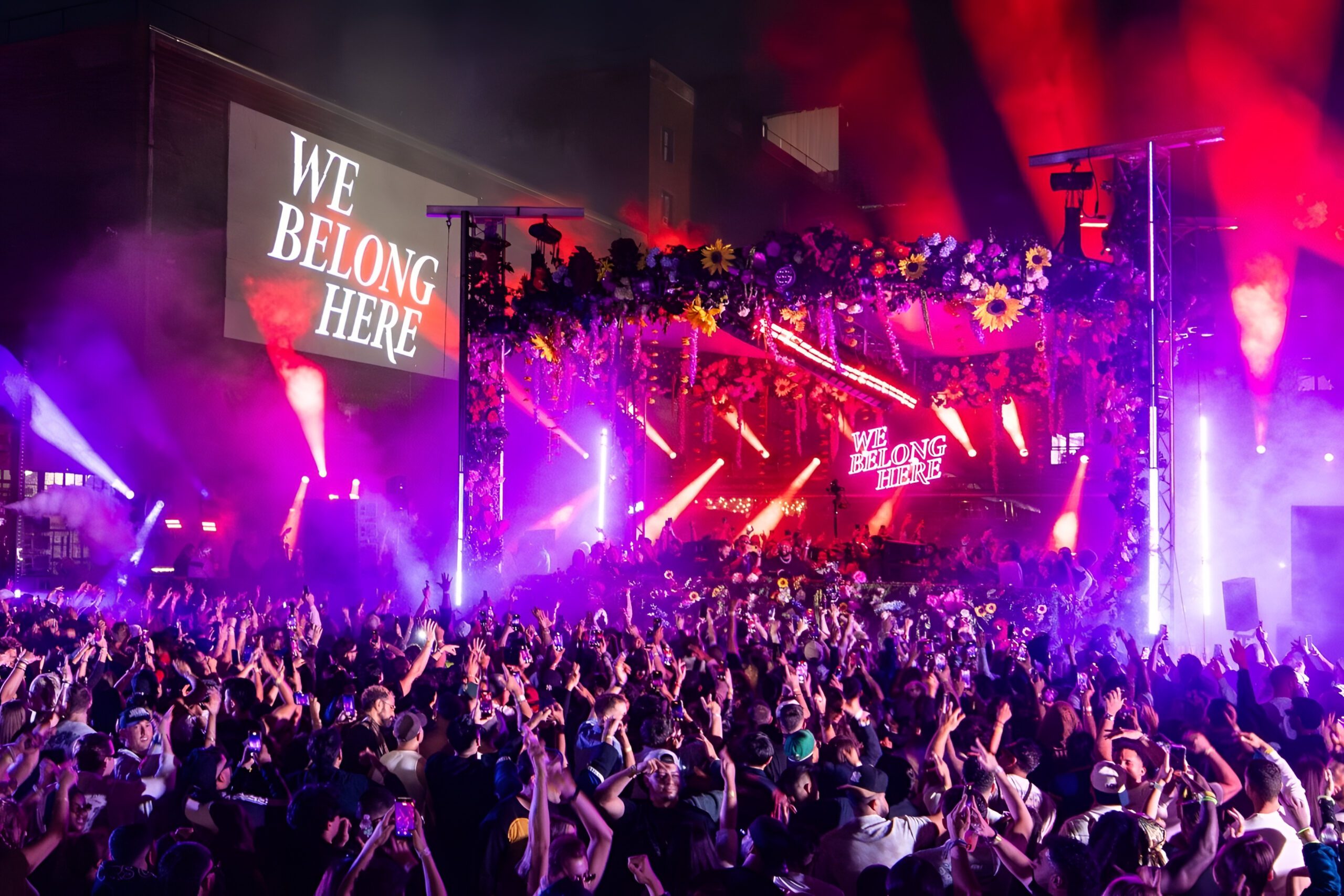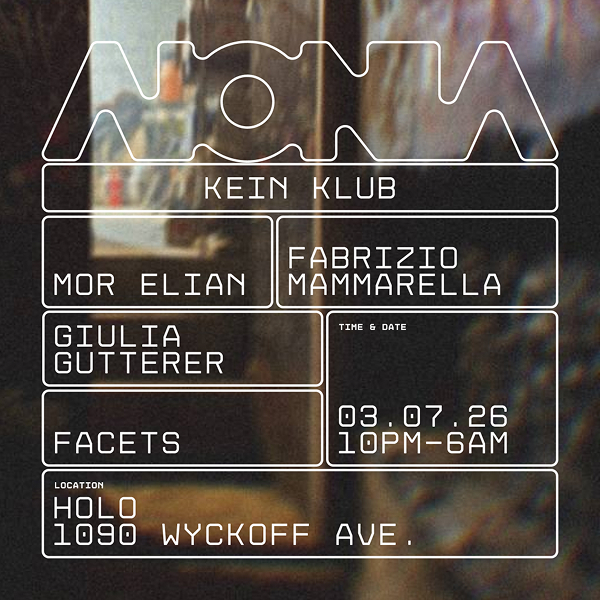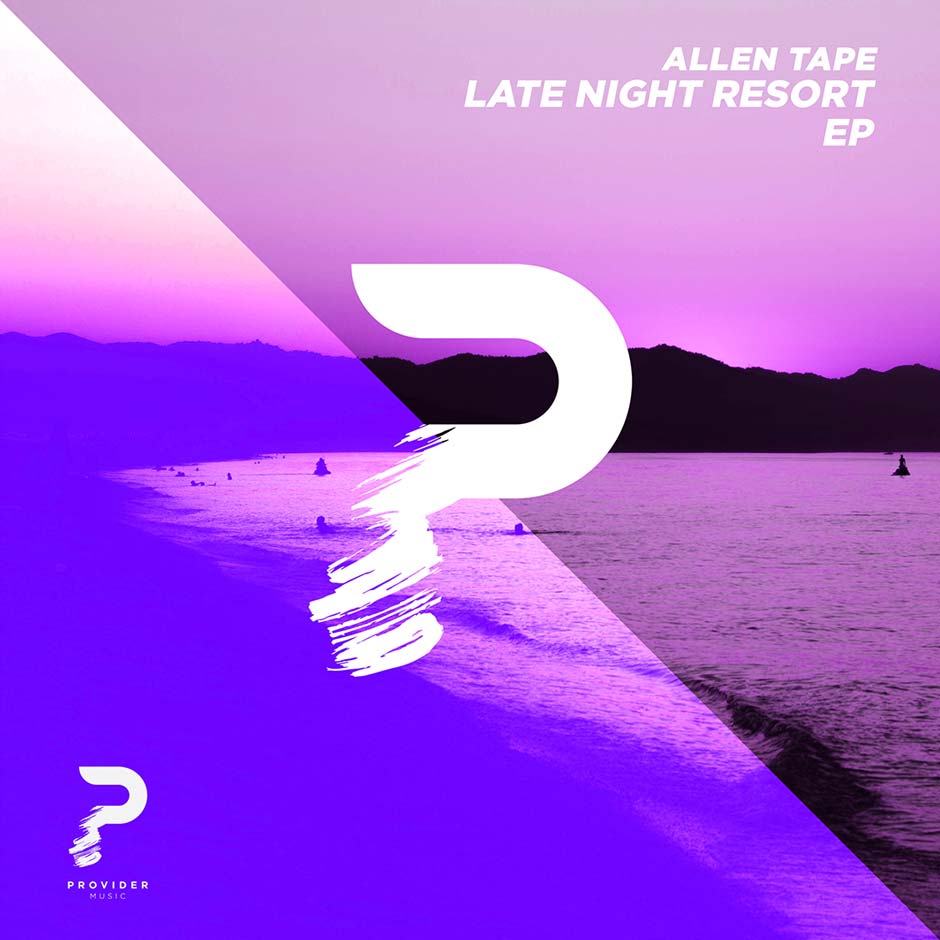Every generation of clubbers has its own ghost stories. A night they can’t forget, a venue that no longer exists, a sound system that changed perception, and chemicals that rewired receptors. For decades, electronic music has thrived in the dark, but the culture it built leaves behind more than nostalgia. It leaves behind the harrowing ghosts of comparison.
Photo by Hunter Newton on Unsplash
You can still feel them if you know where to listen. In Berlin, the phantom pulse of Tresor’s original vaults still hums through the city’s brutalist bones. In New York, the memory of Output (a rare bridge between underground rigor and skyline luxury) lingers like the vocal flourishes that adorned its timeless tribal progressive sound. Ibiza, once the hedonistic epicenter of the world, now carries the blurry afterimage of Space and DC10’s early chaos like a faded tribal tattoo. These are not just defunct spaces; they’re sites of pilgrimage for memories that refuse to die.
Electronic music, more than any other cultural form, trades in transience. Parties end. Clubs close. Festivals vanish and reappear years later under new branding or corporate direction. The very structure of nightlife—ephemeral, nocturnal, anonymous—means that each era tends to become mythologized as soon as it ends. But lately, those myths have begun to feel heavier, more burdensome. The ghosts no longer just whisper about what once was. They seem to be dictating what can never be again.
The “afterlife” of club culture often arrives in curated nostalgia. Ten-year anniversary editions. Reunion sets. One-off revivals that promise to conjure the past for a single night. It’s a tempting form of resurrection: the old logo reprinted on new flyers, the veteran DJ returning to “the scene of the crime.” Yet each attempt at revival also reminds us of what’s been lost: the danger, the grime, the feeling of discovering something before it was branded. The myth of the “golden era” has become both a comfort and a curse, setting the bar in a way that makes the present perpetually unsatisfying.
Ask anyone old enough to have danced in Paradise Garage, The Hacienda, or the original fabric, and you’ll hear the same refrain: “You had to be there.” And maybe that’s the point. Club culture, like memory itself, was never meant to be preserved in perfect form. It lives through stories, fragments, field recordings, and the residue of sweat on walls long since torn down. Every new generation tries to recreate the magic of those lost nights, but the conditions—social, political, sonic—were unique to their time. To chase them is to dance with ghosts.
Some of these hauntings take stranger shapes. Festivals like the Love Parade in Berlin reemerge cyclically, each iteration slightly more polished, less raw. Collectives resurrect the ethos of raves that once defied legality, now within neatly packaged frameworks. Even the aesthetics of club design (red lights, industrial concrete, Funktion-One stacks) are relics turned into tropes, repeated in endless homage. The underground, once elusive, has become a style guide.
And yet, there’s something undeniably beautiful about the persistence of these ghosts. They remind us that culture isn’t linear. It loops, much like a track does, reintroducing motifs in new contexts. Just like a remix. The best nights still carry faint echoes of the past: the sweaty unity of bodies moving to a rhythm older than memory. Each kick drum resurrects a piece of the collective unconscious, each sunrise sets a moment of transcendence we’ve been chasing since the first dance floor.
Perhaps what haunts us isn’t the loss of specific venues or eras, but the realization that those experiences can’t be replicated, only reinterpreted. The ghosts of club culture are not here to torment us, but to remind us that transcendence always existed in the temporary. That the magic was never really in the building, the lineup, or the brand, but in the fleeting communion of sound and shadow.
We are haunted because we care.
We are haunted because we still dance.
Celebrate yesterday’s ghosts with our selection of timeless anthems below.


